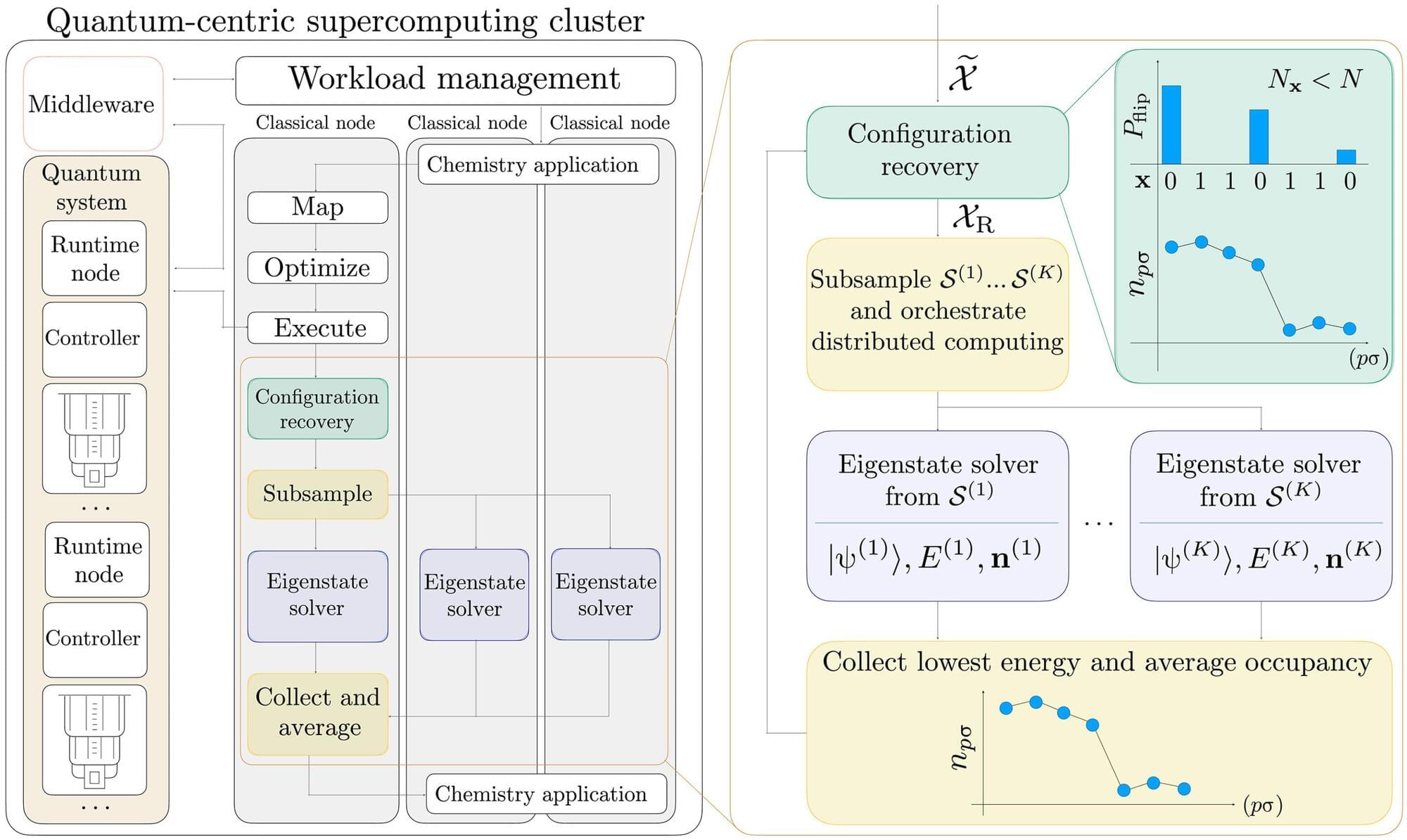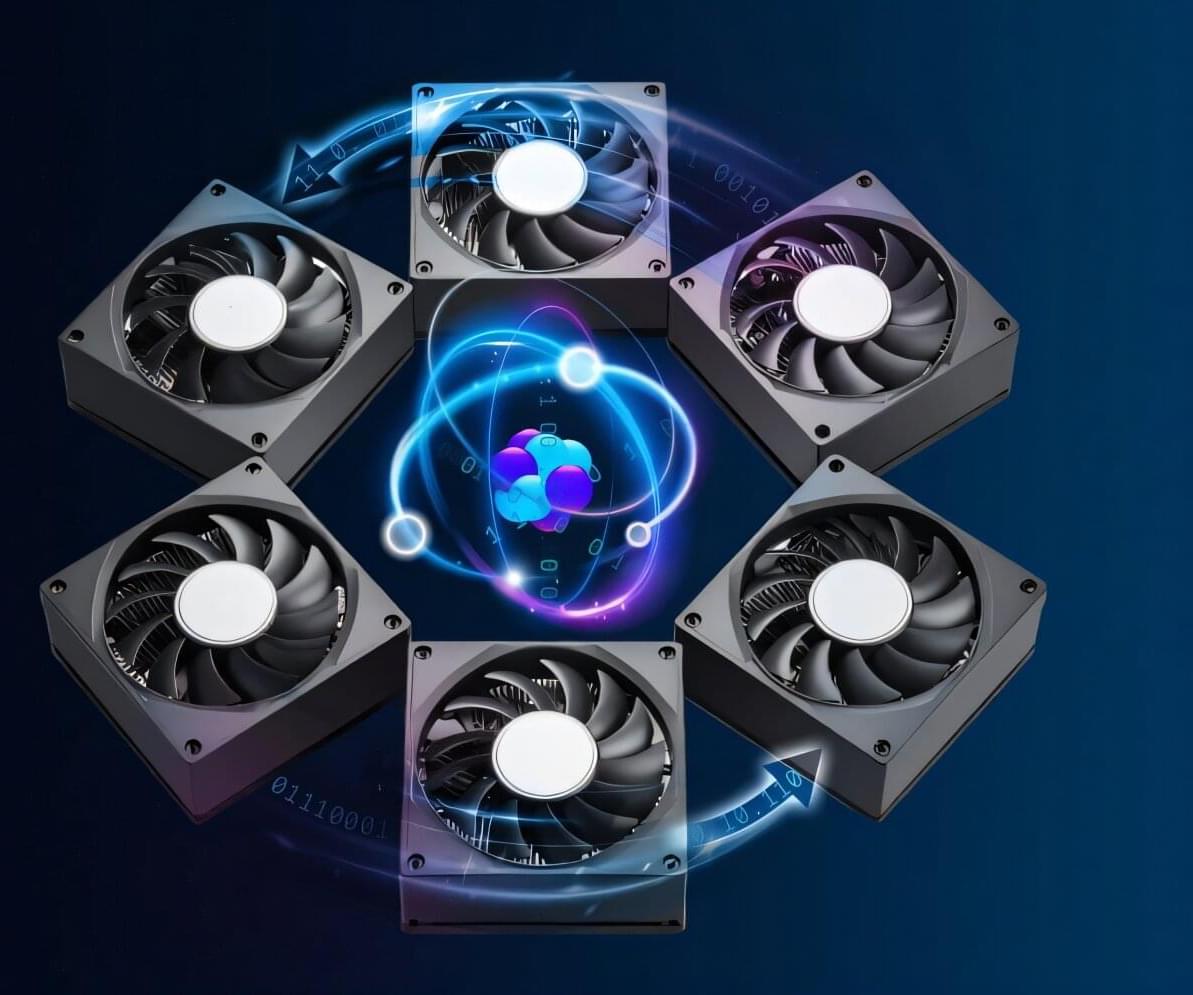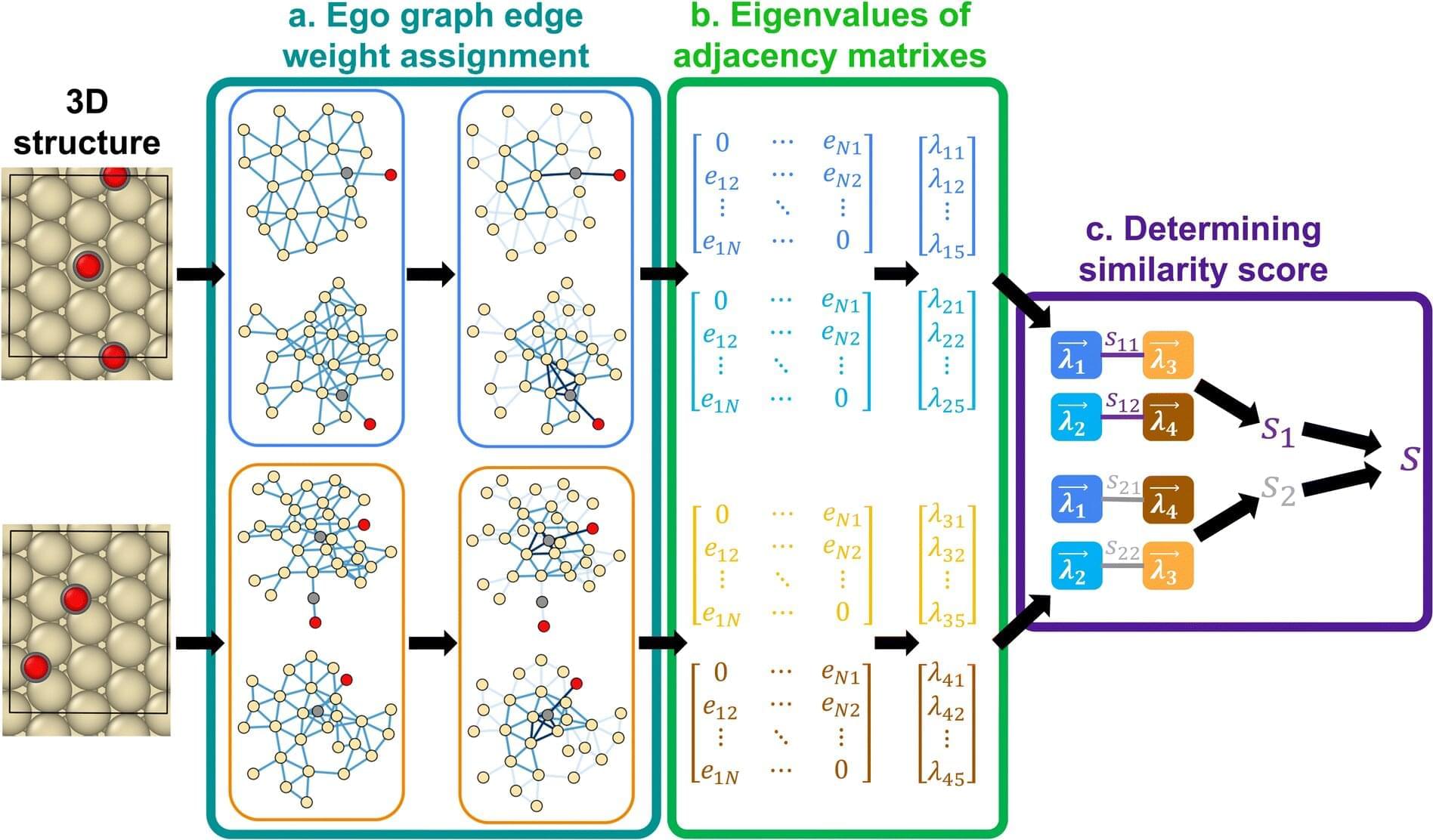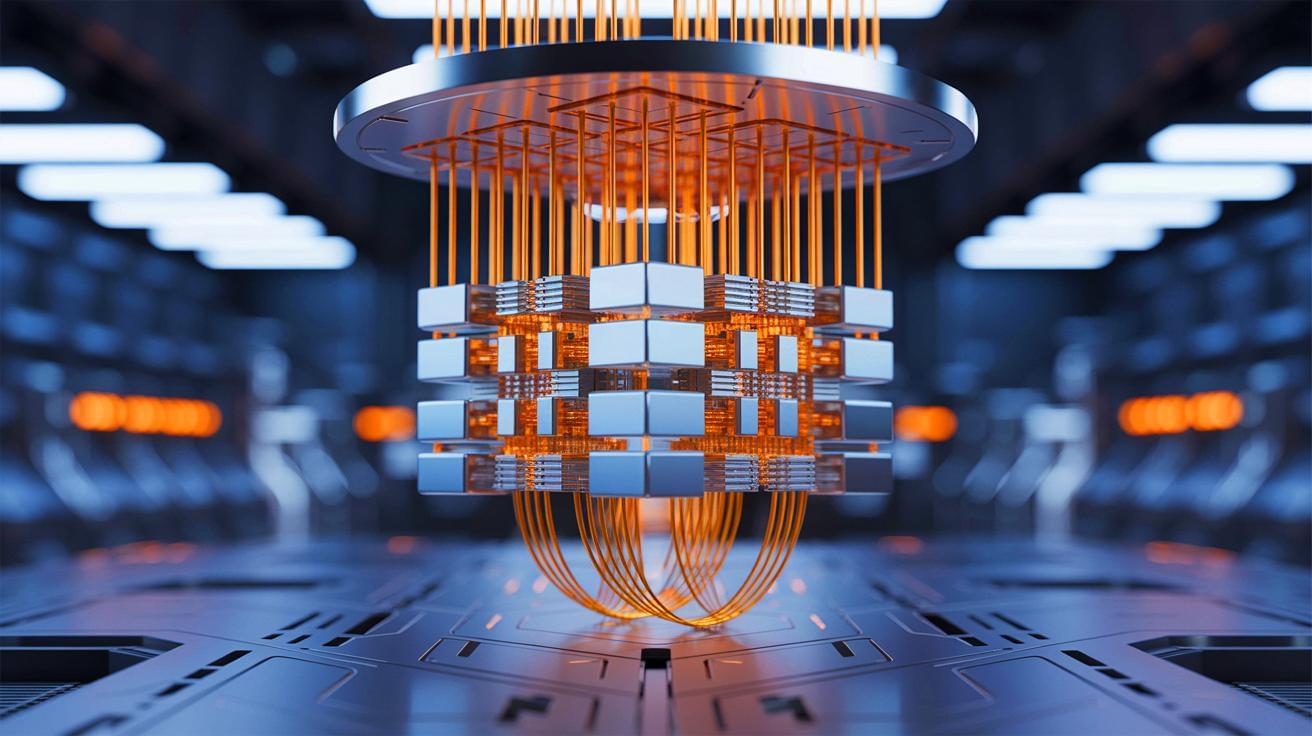Caltech professor of chemistry Sandeep Sharma and colleagues from IBM and the RIKEN Center for Computational Science in Japan are giving us a glimpse of the future of computing. The team has used quantum computing in combination with classical distributed computing to attack a notably challenging problem in quantum chemistry: determining the electronic energy levels of a relatively complex molecule.
The work demonstrates the promise of such a quantum–classical hybrid approach for advancing not only quantum chemistry, but also fields such as materials science, nanotechnology, and drug discovery, where insight into the electronic fingerprint of materials can reveal how they will behave.
“We have shown that you can take classical algorithms that run on high-performance classical computers and combine them with quantum algorithms that run on quantum computers to get useful chemical results,” says Sharma, a new member of the Caltech faculty whose work focuses on developing algorithms to study quantum chemical systems. “We call this quantum-centric supercomputing.”




